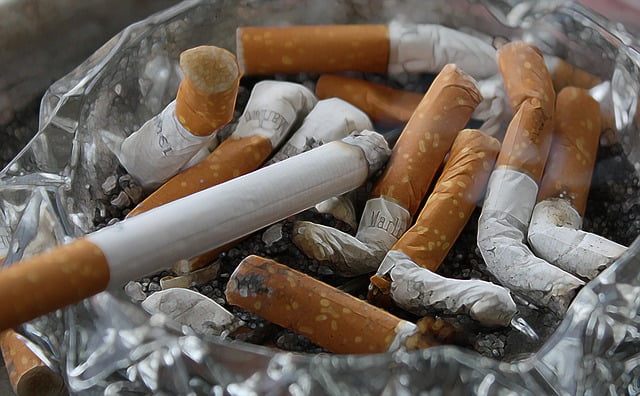Tobacco Companies To Pay For Cleaning Up Cigarette Butts In Spain

New Delhi: Cigarette butts are the most common contributor to plastic pollution in the world. To combat the issue, Spain is passing a new law. According to new environmental regulations, which came into effect on January 6, tobacco businesses will now be required to pay for cleaning up the millions of cigarette ends that consumers throw away each year, The Guardian reported.
The regulations also include bans on single-use plastic cutlery, cotton buds, expanded polystyrene cups, and plastic straws, and cutting back on plastic food packaging. The rulings are part of a European Union-wide drive to reduce waste and promote recycling.
Cigarette manufacturers will also be required to remind and educate consumers not to throw away butts in public areas. While the cost of clean-ups has not been revealed yet, a study has suggested that the total bill for tobacco companies could top 1 billion euros (Rs 8,785 crore), according to the Independent.
Cigarette companies are likely to transfer the cost to the consumer by increasing product prices, which could also work out as another incentive to quit.
Made of plastic cellulose acetate, cigarette butts take at least 10 years to decompose and emit toxic substances like arsenic and lead as they break down. According to the Ocean Conservancy NGO, cigarette butts are the most common form of marine pollution, more even than plastic bags and bottles, with an estimated 5bn discarded in the ocean.
In New Zealand, tobacco can’t ever be sold to anybody born on or after January 1, 2009. The country passed a legislation last year to phase out tobacco smoking by imposing a lifetime ban on young people buying cigarettes.

Comments are closed.